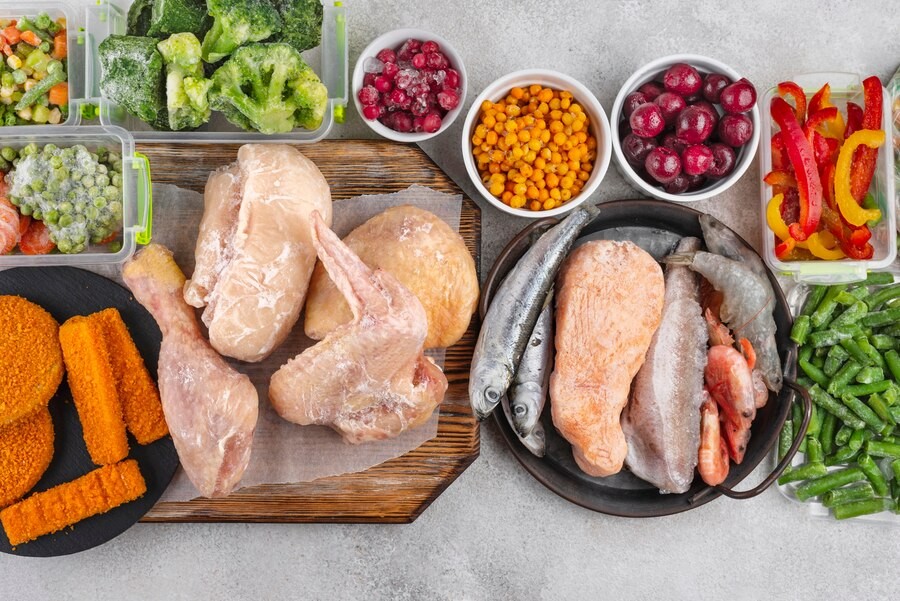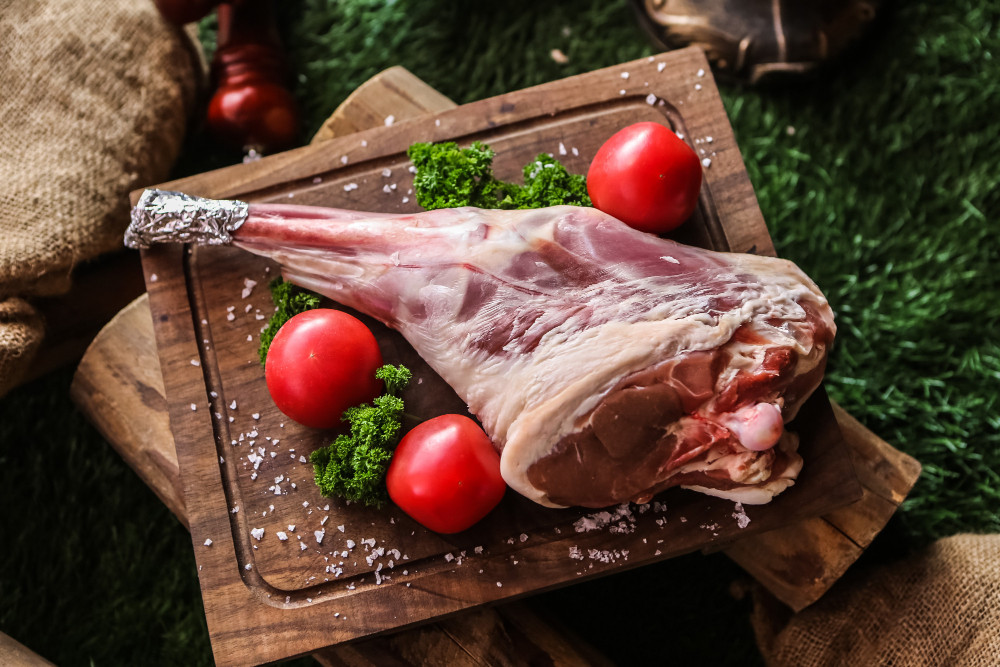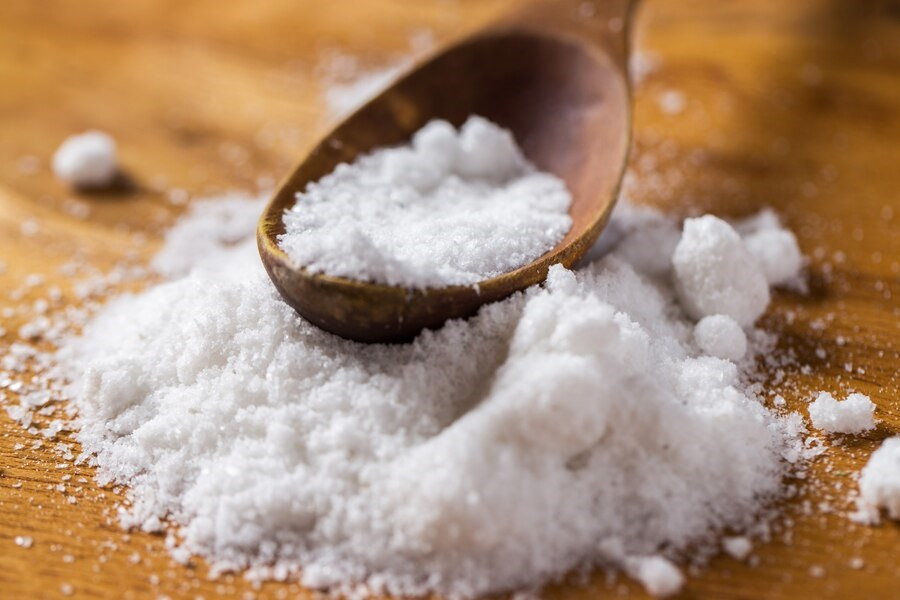Membekukan makanan merupakan cara yang sering digunakan untuk memperpanjang usia simpan bahan makanan. Dengan dibekukan, makanan menjadi lebih tahan lama dan tidak mudah rusak, sehingga masih bisa dikonsumsi di lain waktu.
Namun, banyak orang yang percaya bahwa proses pembekuan bisa mengurangi kandungan nutrisi dalam makanan. Lantas, bagaimana fakta dan kebenarannya? Simak dalam artikel berikut.
Cara Kerja Pembekuan Makanan
Pembekuan bekerja dengan cara menurunkan suhu makanan hingga di bawah titik beku, yaitu sekitar -18º Celsius. Proses ini memperlambat atau menghentikan aktivitas mikroorganisme, seperti bakteri dan jamur yang dapat menyebabkan pembusukan. Selain itu, pembekuan juga menghambat reaksi kimia yang bisa merusak kualitas makanan.
Pada suhu di bawah -18º Celsius, pertumbuhan mikroorganisme menjadi tidak aktif, sehingga makanan tetap aman untuk dikonsumsi dalam jangka waktu yang lebih lama.
Baca Juga: Sebelum Dibekukan atau Dimasak, Haruskah Daging Ayam Dicuci Terlebih Dahulu?
Apakah Pembekuan Membuat Nutrisi di Dalam Makanan Berkurang?
Banyak orang percaya bahwa proses pembekuan dapat mengurangi kandungan nutrisi penting dalam makanan. Namun, sebenarnya pembekuan adalah salah satu cara terbaik untuk mempertahankan kandungan gizi makanan.
Pembekuan dapat menjaga sebagian besar nutrisi dalam makanan, terutama jika dilakukan dengan cepat dan pada suhu yang sangat rendah. Misalnya, buah dan sayuran yang dibekukan segera setelah dipanen, cenderung mempertahankan lebih banyak vitamin dan mineral dibandingkan produk segar yang disimpan lama di suhu ruangan atau lemari es.
Pembekuan yang cepat dapat mengunci nutrisi, serta membantu menjaga tekstur dan rasa makanan. Agar manfaat ini maksimal, penting untuk melakukan pembekuan dan pencairan dengan benar. Sebaiknya, makanan dimasukkan ke dalam freezer sesegera mungkin setelah dibeli dan dicairkan di lemari es untuk mengurangi risiko pertumbuhan bakteri selama proses pencairan.
Selain vitamin dan mineral, kandungan serat dalam makanan juga tidak terpengaruh oleh proses pembekuan. Serat tetap utuh tanpa perubahan struktur atau kandungannya meskipun disimpan di dalam freezer. Artinya, jika Anda membekukan buah atau sayuran kaya serat, kandungan seratnya tetap terjaga saat makanan tersebut dikonsumsi.
Baca Juga: Jenis Makanan yang Sebaiknya Tidak Dipanaskan Kembali
Tips Menjaga Kualitas Nutrisi pada Makanan Beku
Apabila Anda masih merasa khawatir akan kualitas nutrisi pada makanan yang dibekukan, berikut adalah beberapa tips yang bisa diikuti:
- Bekukan makanan segera setelah dibeli
- Simpan makanan dalam wadah kedap udara untuk mencegah paparan oksigen dan menjaga kualitas makanan
- Pastikan freezer berada di suhu -18º Celsius atau lebih rendah untuk menjaga kualitas nutrisi
- Setelah makanan dicairkan, sebaiknya tidak membekukannya kembali karena proses ini dapat menurunkan kualitas dan kandungan nutrisi
Dengan langkah-langkah yang tepat, Anda dapat memaksimalkan manfaat pembekuan makanan, menjaga kualitas gizi, dan memastikan makanan tetap aman serta bergizi saat dikonsumsi. Jadi, Anda tidak perlu khawatir lagi, pembekuan merupakan cara yang efektif untuk mempertahankan nutrisi dalam makanan.
Memiliki pertanyaan lain terkait dengan gizi atau cara penyimpanan makanan? Anda dapat memanfaatkan layanan konsultasi kesehatan pada aplikasi Ai Care dengan mengunduhnya melalui App Store atau Play Store.
Mau tahu informasi seputar nutrisi, makanan dan tips diet lainnya? Cek di sini, ya!
- dr Nadia Opmalina
Michelle Pugle (2024). How Does Freezing Food Change Its Nutritional Value? Registered Dietitians Explain. Available from: https://www.health.com/does-freezing-food-change-nutritional-value-8422903
US FDA (2024). Freezing and Food Safety. Available from: https://www.fsis.usda.gov/food-safety/safe-food-handling-and-preparation/food-safety-basics/freezing-and-food-safety
University of Minnesota Extension (2021). The science of freezing foods. Available from: https://extension.umn.edu/preserving-and-preparing/science-freezing-foods
Esther Ellis, MS, RDN, LDN (2022). Frozen Foods: Convenient and Nutritious. Available from: https://www.eatright.org/food/planning/smart-shopping/frozen-foods-convenient-and-nutritious
PennState Extension (2023). Understanding the Process of Freezing. Available from: https://extension.psu.edu/understanding-the-process-of-freezing












